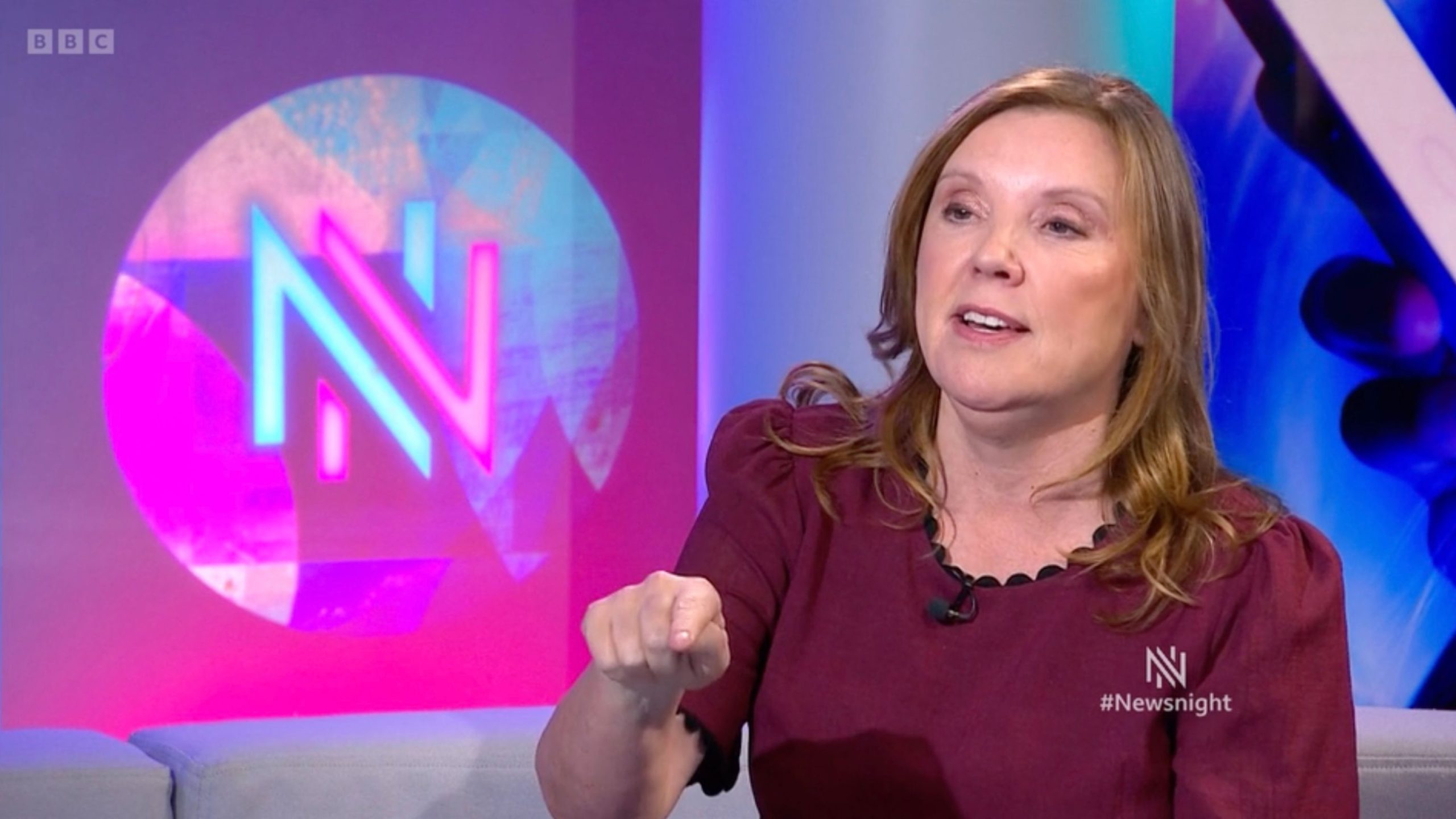The Children’s Commissioner for England is calling for mandatory age checks on virtual private networks, raising fresh serious concerns among digital rights advocates who warn that such measures could severely undermine online privacy and civil liberties.
Speaking on BBC Newsnight, Rachel de Souza described VPNs as a gap in the current regulatory system that allows children to sidestep new age verification rules imposed under the Online Safety Act.
“Of course, we need age verification on VPNs; it’s absolutely a loophole that needs closing, and that’s one of my major recommendations,” she said.
VPNs are widely used privacy tools that encrypt internet traffic and mask users’ IP addresses. They are routinely used by journalists, human rights workers, political dissidents, and everyday internet users to avoid surveillance, protect sensitive data, and bypass censorship.
De Souza’s proposal would turn these tools into targets for enforcement, effectively requiring providers to monitor who is using them and for what purpose.
The report points to VPNs as a common method for bypassing age checks, which began enforcing stricter access rules after the latest provisions of the Online Safety Act came into effect in July.
Government officials acknowledged the concern but were quick to stress that VPNs remain legal for adults. A spokesperson for the Department of Science, Innovation and Technology said there are no plans to prohibit their use. However, the department warned that if platforms are found directing children toward VPNs to avoid age checks, they could face regulatory action.
While Rachel’s recommendations stop short of demanding a ban, requiring VPN services to implement age verification would mark a significant change in how these tools function.
Such a requirement would compromise the very nature of VPNs, stripping them of the anonymity they are designed to offer and laying the groundwork for broader surveillance infrastructure.










